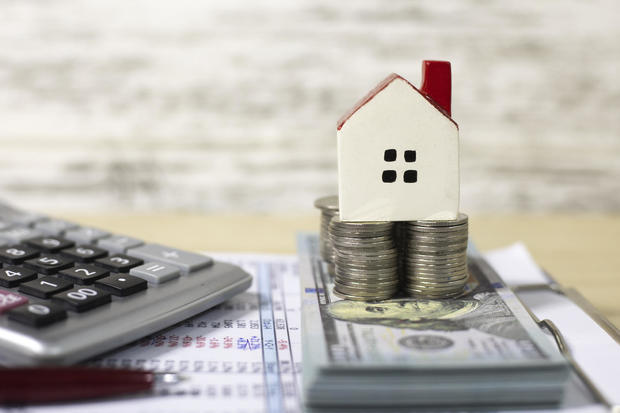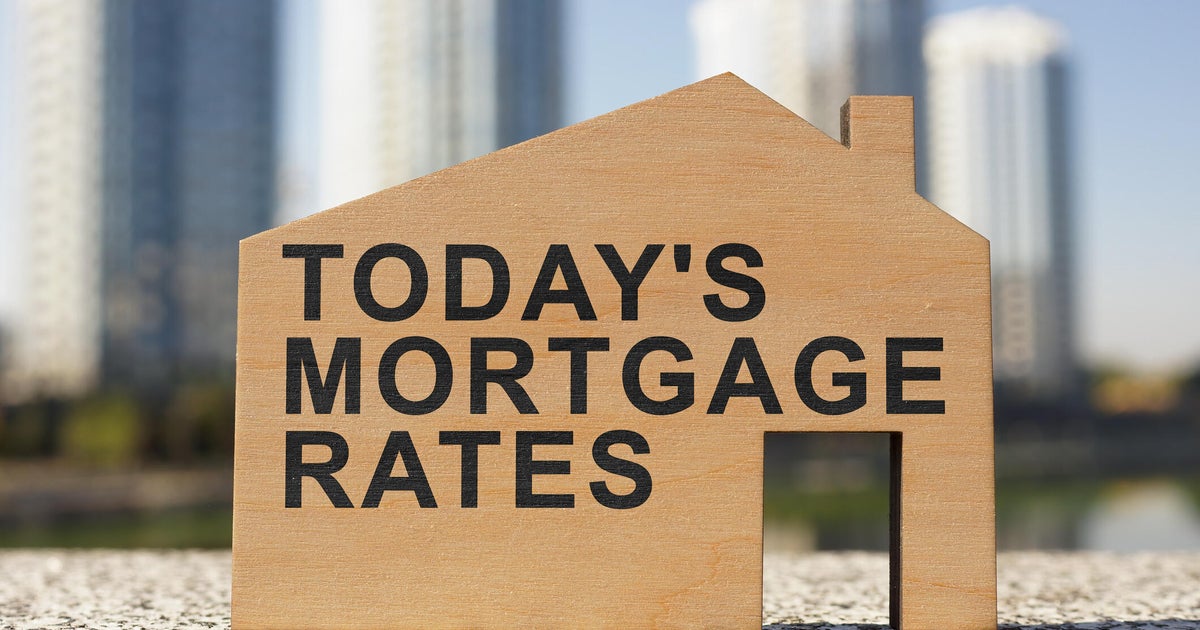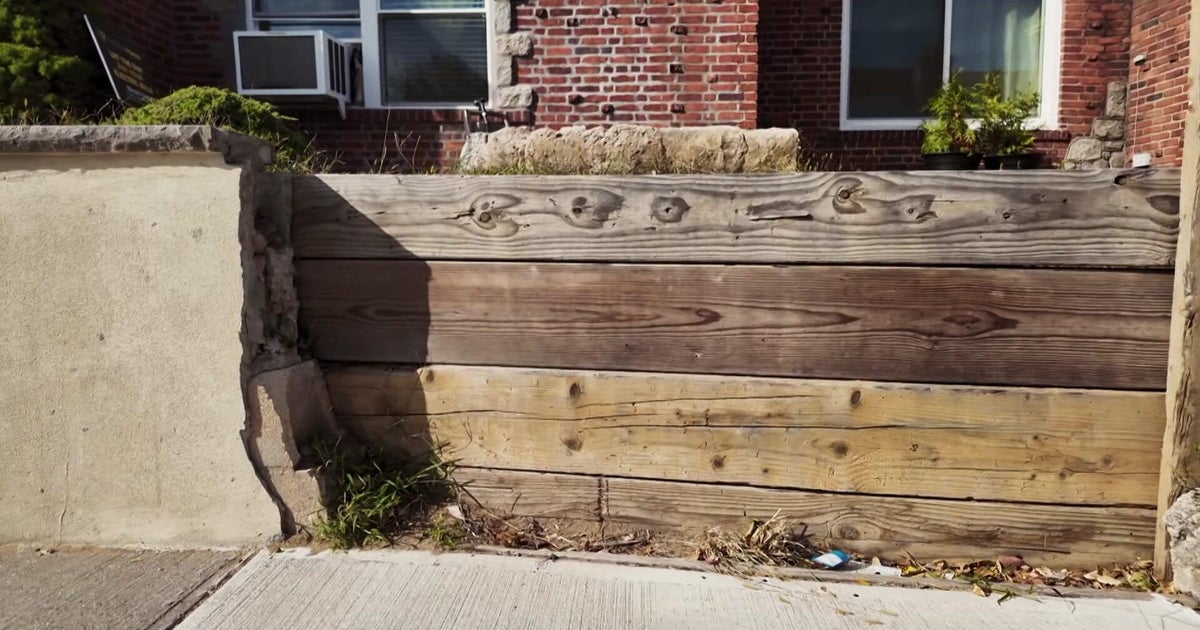How to get the best home equity loan
In an economic climate hurt by stubborn inflation and fresh concerns over the stock market and banking sector, many adults may find themselves looking for extra ways to make ends meet. This can take many shapes and sizes. For homeowners, arguably the best way to pay for new expenses is by utilizing the equity they've already accumulated in their home.
This can take many forms, from home equity lines of credit (HELOCs) to reverse mortgages to cash-out refinancing. One of the more popular options is a home equity loan. It acts as a second mortgage for the homeowner, allowing them to borrow a lump sum against the equity in their property. Home equity loans generally come with better interest rates than other traditional credit options and, if used for IRS-approved reasons, the interest may be tax-deductible come tax season.
So how should homeowners go about getting the best home equity loan out there? That's what we will explore in this article.
You can start by checking your home equity loan options here to see if it's right for you.
How to get the best home equity loan
Here are three ways homeowners can get the best home equity loan.
Shop around
You may think you can only get a home equity loan with your current mortgage lender, but that's not true. There are a variety of lenders and institutions that will be happy to help you get started. So be sure to shop around to compare lenders and rates to find the best home equity loan for your needs and goals. Start with your current lender and work from there. It's also possible your current lender will try to meet any outside offer you get, so don't be afraid to make multiple calls.
As with all comparison shopping, just make sure you do it accurately and fairly. So, if you're looking for a home equity loan for $50,000 from one lender, make sure to get interest rates for that same amount from a second and third lender, too. This will ensure you have an apples-to-apples comparison to measure against.
It's easy to shop for home equity loans. Get started here now!
Apply when values are high
Home values have risen dramatically in recent years, although some of those gains may have been lost over the last 12 months due to interest rate hikes. But if you're one of the millions of homeowners who have seen their home price jump, you may want to apply now when you can potentially get a significant amount of equity out of your home.
Remember, home equity isn't only built via your monthly mortgage payments. It also incorporates any recent increases in value.
Let's say you initially took out a $500,000 loan. If you've since made $50,000 worth of payments toward the principle but your home's value has jumped to $600,000, then you have $150,000 equity (not just the $50,000 you paid). That said, most lenders limit the amount you can withdraw to approximately 80%, so it's better to apply when your home value is high and you can potentially take out more.
Grow your equity
The more equity you have in your home, the more you can potentially take out. It makes sense, then, to do your part to grow your equity as much as possible. This can take time, but there are some ways to grow your equity quickly. For example, you can make bi-weekly mortgage payments or use lump sums of money (like a tax return) to pay down your mortgage faster. Perhaps the quickest way to grow your home equity is to make a major household repair or improvement. Depending on what you do, your home's value may automatically increase, giving you more money to play with should you pursue a home equity loan.
The bottom line
Home equity loans can be a cost-effective and valuable way for homeowners to pay for major expenses or simply help make ends meet in a tough economic climate. To get the best home equity loan, owners should first shop around to find the best rates and terms available (they don't necessarily need to use their current lender). They should also consider applying when home values are high so they can withdraw more money). Finally, they can boost the amount they can withdraw by building their equity quickly via major home repairs or paying their mortgage down with larger or more frequent payments.




